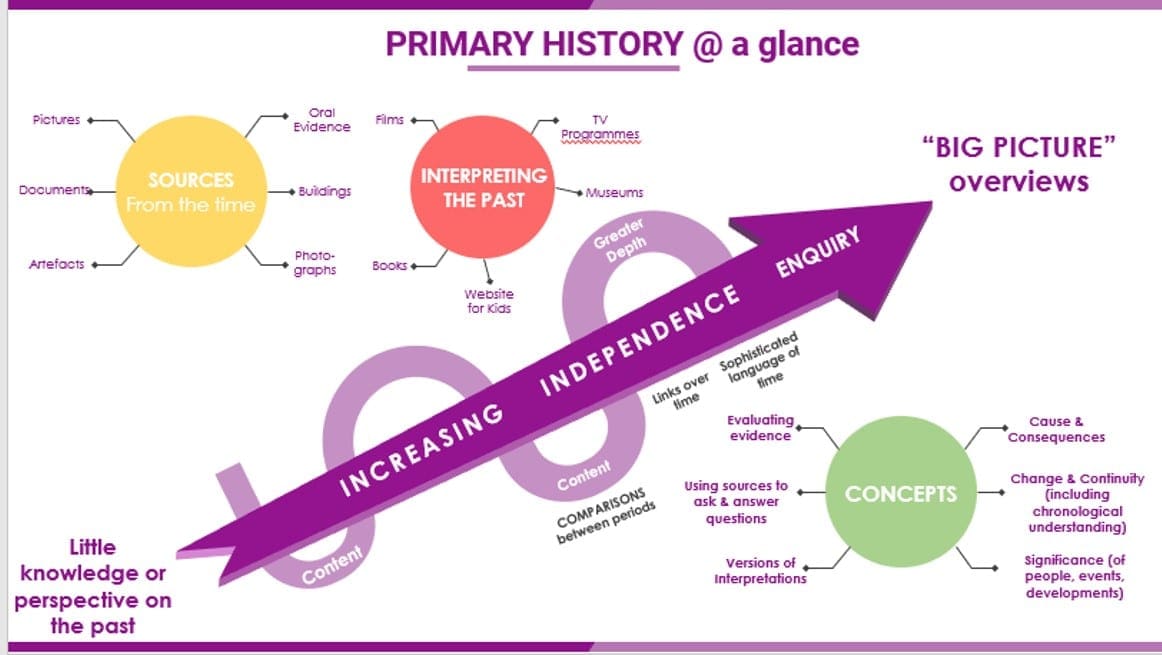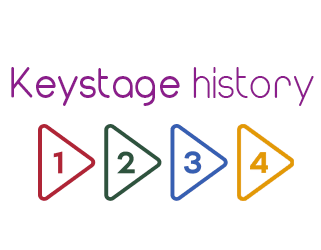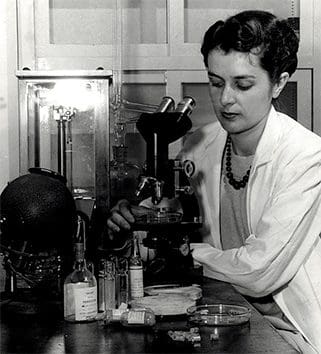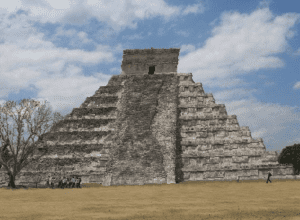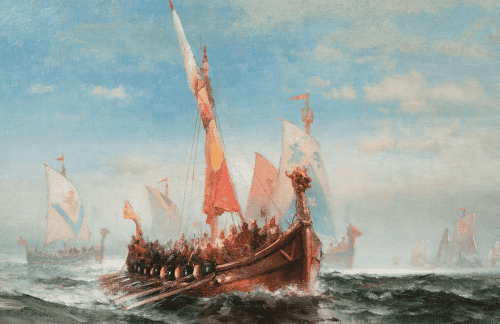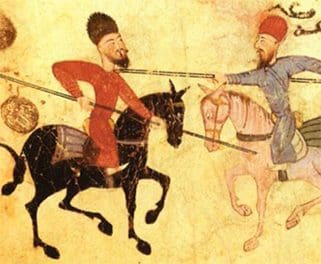
A recent article in the Historical Association’s magazine Primary History suggested that subject leaders need to ensure that the following aspects are covered:
- as with other important civilisations, the water and fertile land were key to success;
- Caliph Al-Mansur set up his capital there which flourished for over 500 years (comparisons can be made with other places covered by the curriculum). It was often called the Golden Age of Islam;
- Its tolerance and centre of learning drew in so many different groups such as scientists, doctors, thinkers, poets, engineers, mathematicians, artists and potters, sailors and merchants. Many scholars from around the world were attracted to the House of Wisdom;
- It was a huge circular city– possibly the first in the world to have a million people and included beautiful palaces, mosques, gardens, libraries, parks, squares, wide thoroughfares and many houses outside the city walls;
- We can thank them for many important achievements that influenced future lives including the Arabic system of numbers (1, 2, 3 etc), the idea of modern free hospitals, surgery including cataract operations, preserving and copying on paper many ancient writings that would otherwise have been lost such as The Tale of the 1001 Nights;
- The civilisation came to an end with the Mongol invasion in 1258 but it had been in decline long before that
How does your treatment of this topic shape up?

